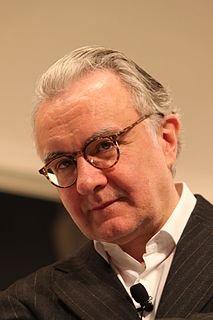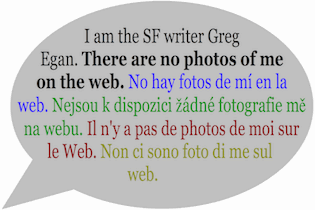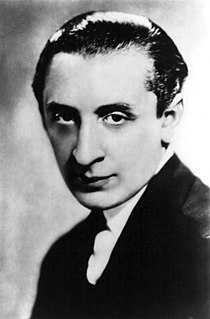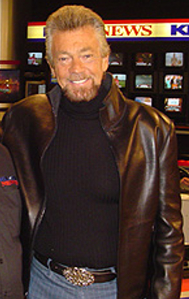A Quote by Jerome K. Jerome
Some people are under the impression that all that is required to make a good fisherman is the ability to tell lies easily and without blushing; but this is a mistake.
Related Quotes
Some people are under the impression that all that is required to make a good fisherman is the ability to tell lies easily and without blushing; but this is a mistake. Mere bald fabrication is useless; the veriest tyro can manage that. It is in the circumstantial detail, the embellishing touches of probability, the general air of scrupulous - almost of pedantic - veracity, that the experienced angler is seen.
Some people have a knack, for example, of being able to tell when someone's lying to them. They may not know what the truth is, but they can tell when someone is trying to lead them astray or sell them something shady. I think he had that ability to an amazing degree. I also think he thought, without saying it explicitly, that you can convince a crowd of something that's not true more easily than you can one person at a time.
The narrative fallacy addresses our limited ability to look at sequences of facts without weaving an explanation into them, or, equivalently, forcing a logical link, an arrow of relationship, upon them. Explanations bind facts together. They make them all the more easily remembered; they help them make more sense. Where this propensity can go wrong is when it increases our impression of understanding.
I started writing the book without realizing I was writing a book. That sounds stupid, but it's true. I'd been trying and failing to make a different manuscript work, and I thought I was just taking a break by writing some short stories. I'm not a very good short story writer - the amazing compression that is required for short stories doesn't come easily to me. But anyway, I thought I'd try to write some short stories. And a structure took shape - I stumbled upon it.
I think the lies I make the most are in regards to my hopes and intentions for myself. As for lies I tell other people - I will certainly tell lies. When somebody is very ill and looks awful, and you tell them they look nice. Or if you just ate the last cookie, if someone asked me if I ate the last cookie, I would definitely lie about that.
The fact that only humans above a certain age can be morally virtuous, rather than babies or cats, means that that being moral requires some cognitive ability. If virtue is about desires, it is worth remembering that you can't desire some things without being able to conceive of them. Suppose a virtuous person will desire to make people happy and desire to tell the truth. You can't desire to make people happy without having the concept "happy" and you can't desire to be truthful if you don't have have the concept "lie", so a cat or a baby cannot desire these things.
If you've made a mistake, if you've made a blunder, admit it to yourself, and then go to the people affected by it and admit it to them, and tell them you're sorry. Full-heartedly and openly. The fact of the matter is, that people who do that make an enormous impression. It's the right thing to do. It's the moral thing to do.
It really gets me when the critics say I haven't done enough for the economy. I mean, look what I've done for the book publishing industry. You've heard some of the titles. 'Big Lies,' 'The Lies of George W. Bush,' 'The Lies and the Lying Liars Who Tell Them.' I'd like to tell you I've read each of these books, but that'd be a lie.
We can tell people abstract rules of thumb which we have derived from prior experiences, but it is very difficult for other people to learn from these. We have difficulty remembering such abstractions, but we can more easily remember a good story. Stories give life to past experience. Stories make the events in memory memorable to others and to ourselves. This is one of the reasons why people like to tell stories.


































